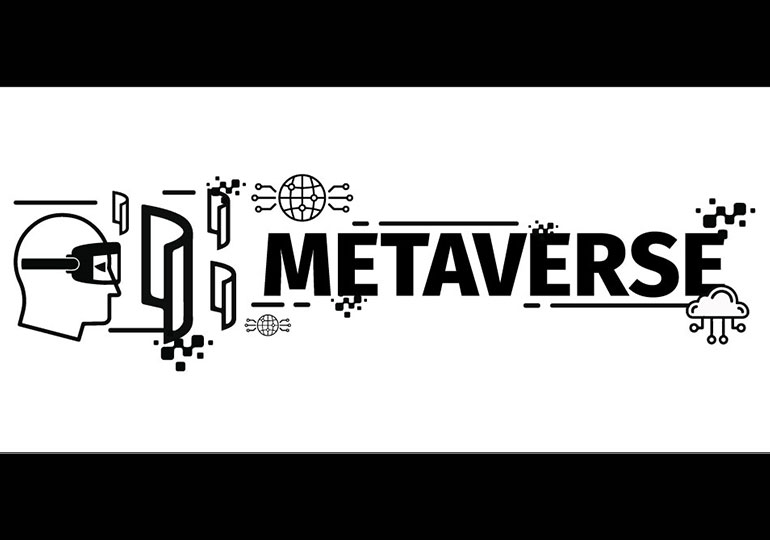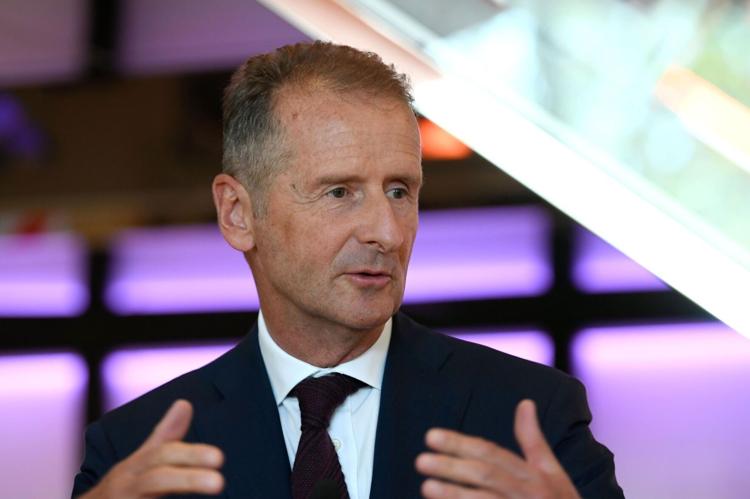“Georgia has made significant progress in improving access to health services since the UHC Program has been launched”, – is stated in the World Bank report called “Georgia Public Expenditure Review”. However, the World Bank notes that the main challenge for sustainability of the program are the dramatically growing state health care expenditures.
Besides, the report states that despite the increasing spending for health care, they are still one of the lowest in Europe; however, healthcare expenditures of 2014 exceeded average expenditures of the median income countries.
“The UHC Program has consistently overspent its budgeted amount in recent years, which raises concerns about the sustainability of the program.
In addition, considerable challenges remain in the health sector in Georgia that could undermine efforts to sustain and improve on the progress achieved to date. Primary care utilization rates are increasing but remain low”, – states the World Bank and recommends that the government retains financial sustainability for the progress of UHC program.
The share of state costs in total expenditures of healthcare in Georgia and other countries in 2014 was as follows:
Georgia – 28,2%
Armenia – 43%
Croatia – 81,9%
Estonia – 78,8%
Lithuania – 63%
Russia – 52%
In the median income countries, the share of state expenditures makes 66% of total healthcare expenses. However, according to the same data, in Georgia, the share of healthcare expenditures in GDP has been one of the highest:
Georgia – 8,5%
Armenia – 4,5%
Croatia – 7,8%
Estonia – 6,4%
Lithuania – 5,9%
Latvia – 6,6%
Russia – 7,1%
The World Bank also lists the main challenges for Georgia:
Purchasing mechanisms are weak at managing costs effectively.
Current design and implementation of the UHC Program generates incentives towards high cost services that are used by patients.
High cost of pharmaceuticals generates pressures on the UHC Program.












